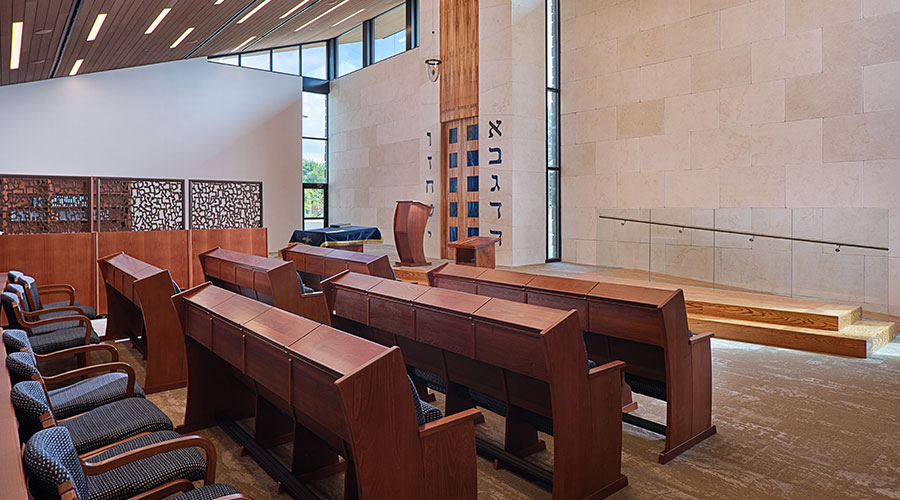4 Telltale Signs You're Hiring a Scam Contractor
A contractor doing work on your facility should be a partner, not just someone you hire. Here are four signs you're probably not going to get what you pay for.
One of the most valuable lessons anyone can learn is that if something ever seems or sounds too good to be true, it probably is. Unfortunately, this holds true regardless of setting or circumstance, and contracting is no exception to this rule.
Each year, facility managers hire contractors for construction, maintenance, and many other facility-related functions to improve their facilities. But how do you know you’re getting what you pay for when it comes to hiring a contractor? Here are four tell-tale signs that you’re about to hire a scam contractor.
1. Lack of Licensure
The most important thing to cover with any contractor, regardless of who they are or how much experience they claim to have, is to check that they are properly licensed. If a contractor is not properly licensed, insured, and bonded for the type of work you need done, chances are high that the contractor in question is a scammer.
Similarly, always ask for references on previous work and that the contractor’s business information is indeed correct. If the contractor cannot offer any past references, refuses to let you see images or videos of the completed project, and has incorrect/missing business information, then the contractor may simply be a scammer looking to make a quick buck at your expense.
2. Significantly Lower or Less Competitive Pricing
Similar to the rule of “if something seems too good to be true, then it probably is,” another key rule of life to follow is “you get what you pay for.” While a lower price tag for a contractor may seem initially enticing, it can be a clue that the contractor you’re speaking with is about to try and scam you.
For example, if you shop around for quotes on a new roof for your facility, and the offers all fall around the same range, with one contractor quoting significantly less, this is a sign that the contractor offering the low-ball offer either is much less experienced or never intends to complete the work you’re hiring them for.
Similarly, if a contractor gives you a lower quote but then begins upcharging you extra expenses, such as for the cost of materials, or if they don’t take proper notes and measurements for their cost calculations, get out of the deal as soon as you can. Even if the contractor in this case isn’t a scammer, this is a tell-tale sign of a contractor who is too inexperienced to complete the job you need done.
3. Subpar Equipment and Materials
One of the first common signs of a scammy contractor is the quality and presentation of themselves, their company, as well as the equipment and materials they possess. For instance, if the contractor shows up to your appointment wearing clothing inconsistent with their company or brand, or with shoddy or rusted tools, broken equipment, or even a vehicle in a poor state of repair, these could be an up-front sign of a scammer contractor.
Likewise, if a contractor states they either presently have, or can acquire materials for the job that they could use for the job at a discount to you, watch out; those materials could be second-rate, low quality, or even worse: stolen.
Most contractors — especially smaller contractors — rarely, if ever, carry large volumes of materials in their inventory, as this adds to their own operating costs. Even fewer contractors tend to purchase materials in volumes that would allow them to offer them to clients at lower prices or discounts. If yours says they do, then chances are high that they are either a scammy contractor or severely inexperienced in quoting their price estimations.
4. Asking for Up-Front Payment
For larger projects or construction jobs requiring specific materials, some contractors may require an up-front deposit to help cover the cost of ordering those materials. These usually cover materials such as particular ceramic tiles, but rarely — if ever — for roofing materials or lumber as these materials are usually purchased up to a month prior or more. If any contractor requires more than 20 percent of the total cost up-front, you may be hiring a scammer.
Be sure to also avoid contractors who say things like “I’ll give you a discount if you pay me in cash.” Cash payments tend to be less protected and refundable than other forms of payment, and can be used by a scammy contractor to turn tail and ghost clients once payment is made up-front.
Matt DiBara is owner and CEO of DiBara Masonry.
Related Topics:











